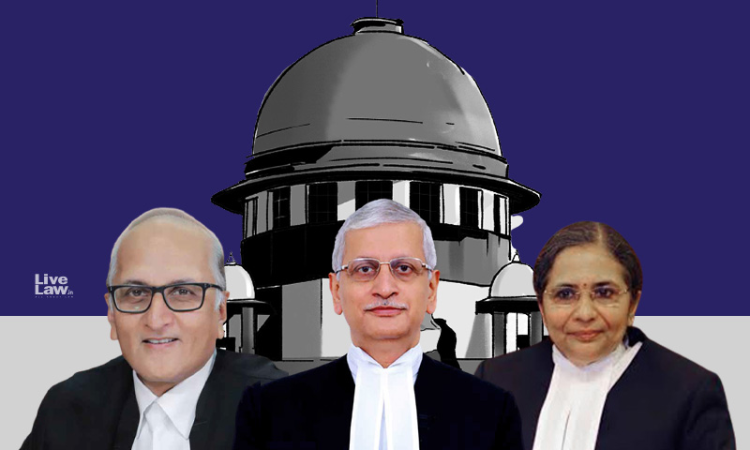State Cannot Dictate What Decisions Can Or Cannot Be Taken By A Public Trust: Supreme Court
Sohini Chowdhury
29 Jan 2022 5:47 PM IST

Next Story
29 Jan 2022 5:47 PM IST
On Friday, the Supreme Court held that self-governed organisations, such as public trusts, cannot be subjected to overarching state control in derogation of principles of autonomy and democratic decision making. The Apex Court was of the view that public control cannot be expanded even by law, to the extent that it renders freedom of association, envisaged in Article 19(1)(g) of...
